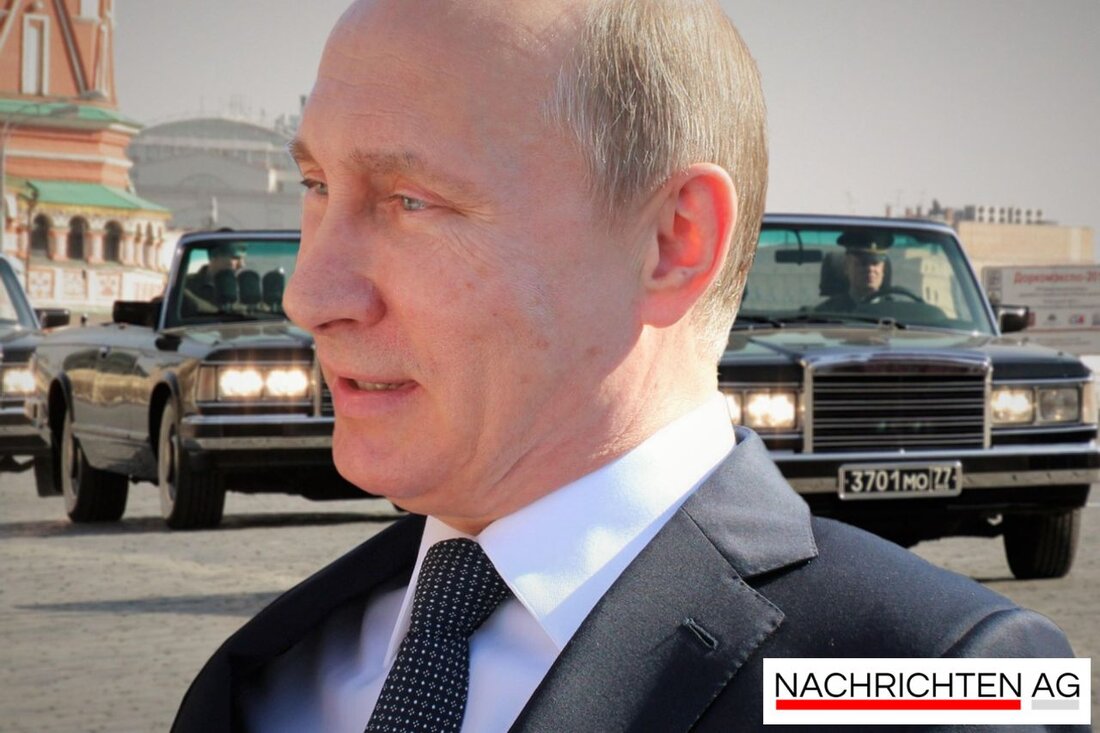Security in the Baltic Sea region: Greifswalders discuss rearmament and threats
Greifswald will discuss security issues in the Baltic Sea region on June 14, 2025, highlighting military strategies and geopolitical challenges.

Security in the Baltic Sea region: Greifswalders discuss rearmament and threats
One of the most pressing issues in the Baltic Sea region is security, which was the focus of the current “Greifswald European Talks”. Christina Stremming, who wrote her doctoral thesis on the security situation in this geopolitically sensitive region, provided valuable insights. Their findings were presented by the chairman of the European Union Vorpommern-Greifswald, Niels Gatzke. According to Stremming, the Baltic Sea region reflects a growing need for security, which is closely linked to current geopolitical developments, particularly the Russian war of aggression in Ukraine. A strong theme was also the increasingly discussed acceptance of military armaments in Germany, as NDR reports.
Opinions varied during the event. While some voices advocated holding talks with Russian President Putin, others saw Russia as an acute threat. In particular, the neighboring states in the east, which have historically been characterized by invasions and military conflicts, perceive the threat level to be high, which Stremming also emphasized. In her analysis, she called for a serious consideration of the security needs of these countries and greater cooperation to ensure security in the Baltic Sea region.
Geopolitical situation and military activities
The maritime area of the Baltic Sea is not only a place of trade, but has also developed into a key arena of global great power rivalries. In recent years, hybrid threats, such as acts of sabotage and drone operations, have come into greater focus, as SWP makes clear. The NATO countries, shaped by the history of division during the Cold War, have reacted accordingly and put their militaries on heightened alert.
A central aspect of this situation is the role of Germany, which is under increasing pressure to take a more active role in Baltic Sea security policy. The hesitant attitude is perceived by the Eastern European neighbors as potentially dangerous. The current geopolitical context, reinforced by Russia's aggressive military policy, poses challenges for NATO and Germany in particular. An example of this is the militarization of Kaliningrad and Russia's conduct of military exercises in the Baltic Sea.
The importance of transatlantic cooperation
The security of the Baltic states and Poland will increasingly depend on transatlantic cooperation. The America First policy of recent years, particularly during Donald Trump's presidency, is critically reflected here. The uncertainties resulting from these policies challenge NATO member states to coordinate their strategies and defense efforts. Furthermore, it can be observed that these countries, supported by historical experiences and perceptions, are increasing their defense spending in order to respond to the changing threat situation, as Internationalepolitik explains.
As Monday evening in Greifswald showed, the key to security in the Baltic Sea region lies in cooperation. A joint effort and taking the perspectives of the partner countries seriously are essential to ensure long-term stability in this sensitive region.

 Suche
Suche
 Mein Konto
Mein Konto